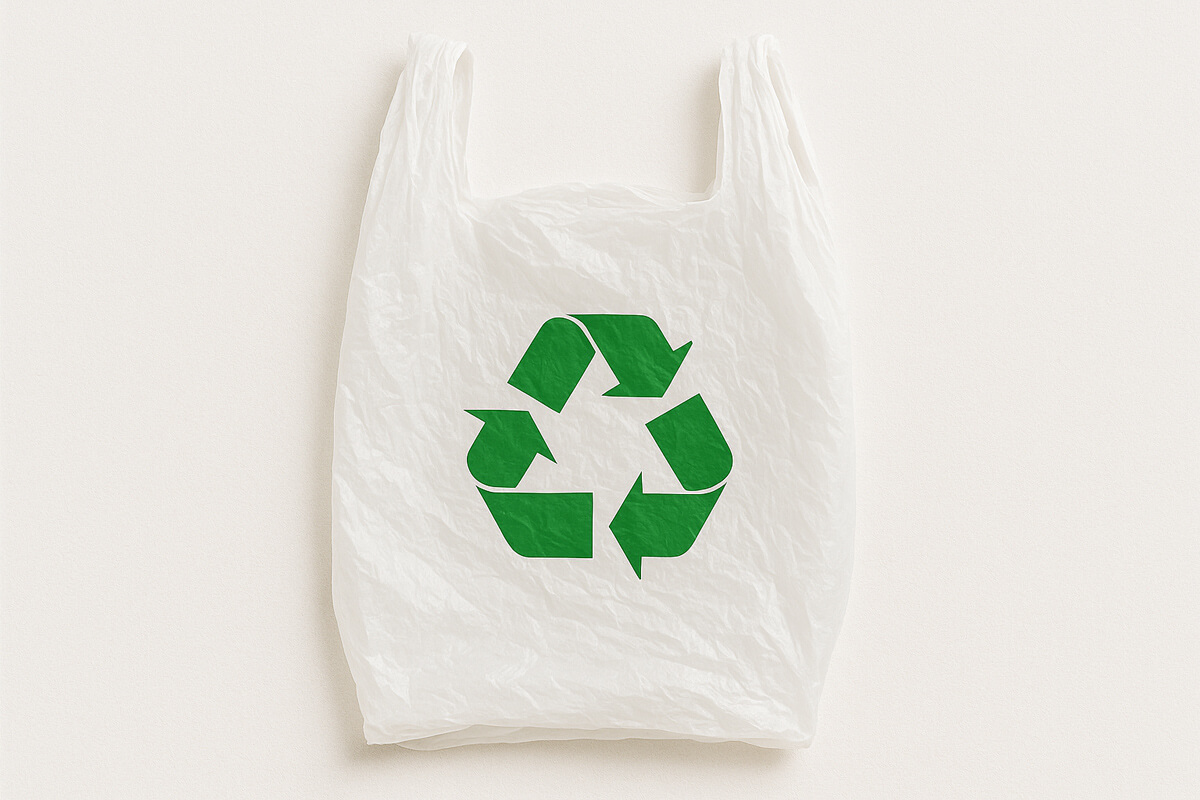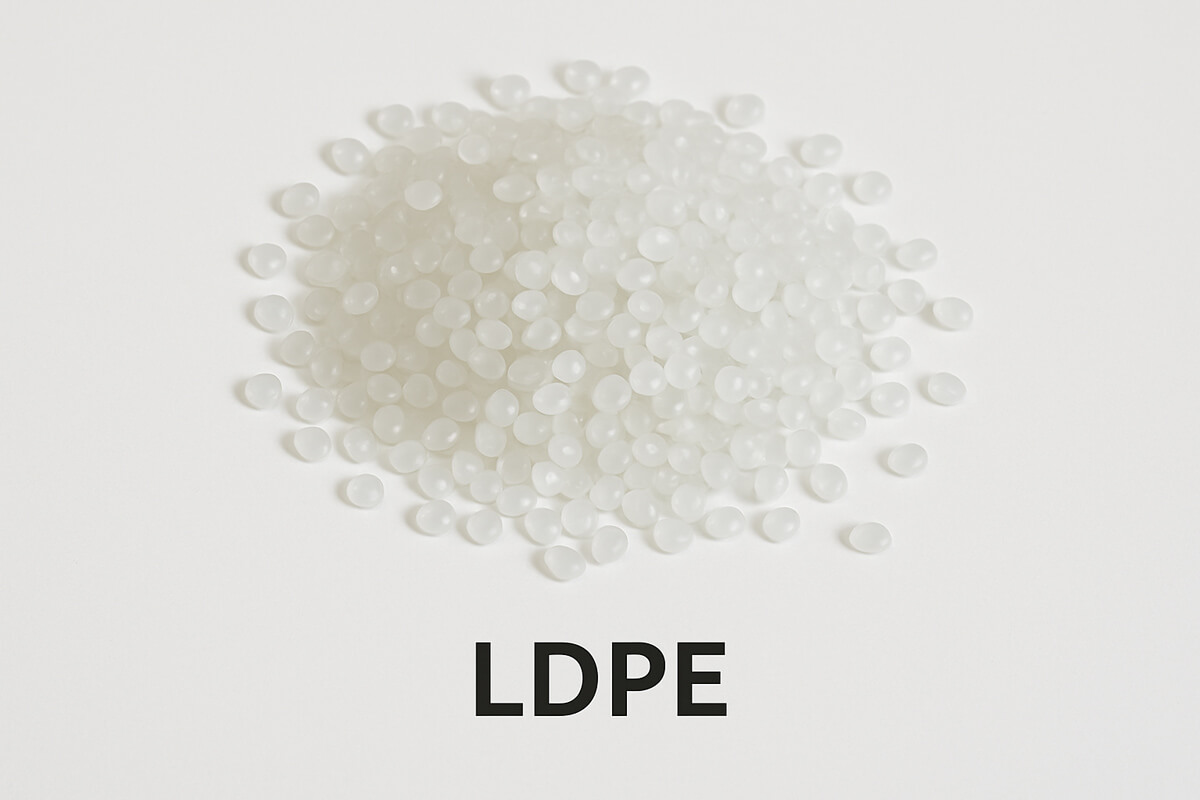Polythene is one of the most widely used materials in business because it is affordable, durable, and can be adapted for many different purposes. You will find it in almost every industry, from retail to construction. Businesses use it for packaging, protecting goods, covering equipment, and storing materials. Its flexibility in size, thickness, and strength makes it suitable for both light and heavy-duty applications.
In this article, we will focus on how businesses use polythene in their operations and why it remains a practical choice despite increasing regulations on plastic use.
Table of contents:
- Why do businesses use polythene
- Common uses of polythene by industry
- Single-use vs reusable polythene in business
- Is polythene still a smart choice for businesses?
Why do businesses use polythene
Businesses choose polythene because it offers a combination of qualities that are difficult to match with other materials. It is lightweight, which reduces shipping costs, yet strong enough to protect products during handling and storage. Due to its waterproof capability, it prevents moisture damage, and its chemical resistance makes it suitable for storing or transporting items that could be affected by contact with other materials.
Another advantage is its flexibility in production. You can order polythene in a range of thicknesses, colours, and finishes, with the option to add branding or special features such as UV resistance or anti-static properties. This allows businesses to use it for both standard and specialist applications without needing separate materials.
Most business applications use low-density polyethylene (LDPE) or high-density polyethylene (HDPE). LDPE is softer and more flexible, making it suitable for carrier bags, wrapping, and protective films. HDPE is stronger and more rigid, often used for heavy-duty sacks, pallet covers, and containers. Choosing the right type depends on the product, storage conditions, and handling needs.
Common uses of polythene by industry

Retail and E-Commerce
Retailers and online sellers use polythene for packaging, transporting, and protecting goods. Carrier bags are widely used for in-store purchases, while e-commerce businesses typically pick mailer bags as a lightweight and space-saving alternative to boxes. These can be made in various thicknesses to suit the weight of the product and are supplied with sealing options such as peel-and-seal strips or zip closures to keep items secure in transit. Custom printing enables businesses to incorporate their logo or promotional message, transforming packaging into a cost-effective form of advertising.

Manufacturing and industrial operations
In manufacturing, polythene is a great solution to protect goods during:
- Production
- Storage
- Transport.
Protective sheeting can cover machinery or work surfaces to prevent dust, paint, or debris from causing damage. Pallet covers help shield products from dirt and moisture during storage and shipment. Liner bags are used for raw materials, parts, or waste, keeping them contained and making handling more efficient. Heavy-duty polythene sacks are also common for storing or moving bulk materials.

Agriculture and farming
Farms and food production facilities use polythene for both crop protection and packaging. Silage bags and wraps store animal feed in airtight conditions. Greenhouse films help regulate temperature and humidity for better crop growth, while mulch films cover soil to reduce weed growth and retain moisture.
Construction
Construction projects use polythene for both permanent and temporary purposes. Damp-proof membranes act as a barrier against moisture in walls and floors, preventing structural damage. Protective sheeting covers floors, windows, and fixtures during building or renovation work to keep them free from dust and paint. Rubble sacks provide a strong and safe way to collect and dispose of waste materials from the site.

Healthcare and laboratories
In healthcare, polythene is used for safe storage and disposal. Biohazard bags are designed for medical waste such as used syringes, gloves, or dressings. Polythene gloves offer a quick and low-cost barrier for short tasks, while sterile covers can protect equipment from contamination. Special UV-protected polythene can be used to store light-sensitive medications or samples.
Electronics and technology
Electronics manufacturing and distribution rely on polythene for protection against physical damage and static electricity. Anti-static bags prevent the build-up of static that can damage components such as circuit boards. Cable insulation made from polythene keeps wiring safe from moisture and wear, and protective covers can shield equipment during transport or storage.
Single-use vs reusable polythene in business
Polythene products in business can be either single-use or reusable, depending on their purpose. Single-use items, such as lightweight carrier bags, pallet wrap, or protective films, are often selected for hygiene, convenience, and speed. In sectors like healthcare, agriculture, and food production, these products help prevent contamination and allow quick disposal after use.
Reusable polythene products are made from heavier-grade material and designed to withstand repeated handling. Examples include heavy-duty sacks for transporting goods, storage covers for machinery, or containers for bulk materials. While they have a higher upfront cost, they can be more economical over time in applications where repeated use is practical.
The choice between single-use and reusable polythene depends on how the product is handled, the required hygiene standards, and the balance between purchase cost and lifespan. In many cases, businesses use a mix of both to meet different operational needs.
Is polythene still a smart choice for businesses?
Despite growing restrictions on single-use plastics, polythene remains widely used because it offers a reliable balance of cost, performance, and versatility. For many applications, especially in packaging, protection, and storage, it provides a level of durability and moisture resistance that alternatives cannot match at the same price.
In the UK, businesses must also consider regulations such as the Plastic Packaging Tax, which applies to packaging with less than 30% recycled content. This has led many companies to switch to recycled polythene products or work with suppliers that can meet sustainability targets without compromising product quality.
When choosing polythene, it is worth assessing the type, thickness, and whether recycled content is suitable for the intended use. For businesses that need strong, adaptable, and cost-effective packaging or protective materials, polythene remains a practical and often essential option.




